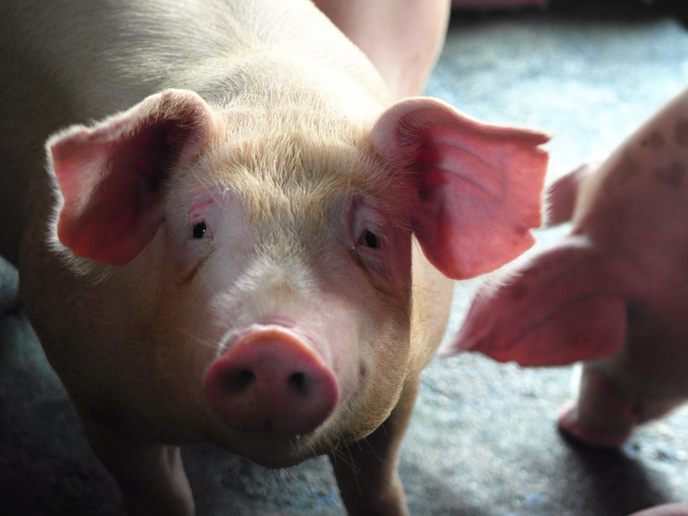Novel strategies for sustainable and profitable livestock farming
While livestock farming has been around for thousands of years, it has only been intensified in recent decades to meet the demands of a rising world population and global competition. This intensification has helped to increase yields and make farming practices more efficient, resulting in staples such as eggs, meat and milk being more widely available and cheaper to buy for billions of people worldwide. However, intensive livestock farming also has its drawbacks. Diseases caused by livestock management practices can compromise animal health and welfare, creating inefficiencies that lead to lower profitability and product quality. Other considerations include the environmental footprint of intensive farming and the harmful long-term effects of antibiotic use. The EU-funded PROHEALTH project sought to gain a better understanding of the many different aspects of intensive pig and poultry production that play a role in animal pathologies. In its 5-year duration, PROHEALTH hasn’t only focused on identifying major disease threats. It has also developed novel strategies for sustainable livestock farming that limits the environmental impact and remains profitable for farmers. Combatting disease in poultry farms Studies conducted during the project identified Escherichia coli as a major disease threat for European poultry farms. E. coli infections were found to be the most common cause of death in broilers and layers, and resulted in the highest economic losses for farmers. The project team determined that vaccination and biosecurity measures can make farms more profitable and improve animal welfare, while also combatting the adverse effect of diseases on global food security. Improving pig herd performance The PROHEALTH team’s findings showed that pig herd performance could be improved using Big Data as a way of predicting biosecurity risks and disease. They used environmental monitoring sensors to determine to what extent the farm environment contributed to respiratory disease in fattening pig herds. The researchers also identified a genetic signature that can identify pigs with respiratory deficiencies and changes in gene expression associated with lumbar kyphosis, commonly known as humpy back. Educating an uninformed public Throughout the pork and poultry industry, work is being done to improve animal health and welfare. However, a survey conducted in five European countries revealed that farmers need to communicate these efforts to consumers, who remain largely unaware of modern farming practices. “The PROHEALTH project has underlined the work the industry has already done, and continues to do, in addressing a number of concerns raised in the study, such as reducing antibiotic usage. The results of this survey also suggest this information is not getting through to the public. It is important to ensure the industry voice is accurately heard,” said Dr Beth Clark of Newcastle University, United Kingdom, in a press release published on the website of project partner Zoetis. “The results of the PROHEALTH consortium show what can be achieved through academic – public – private research collaborations. The consortium culminates its work with some 45 peer-reviewed publications, two patents, a range of policy briefs, and best practice guidelines for the European Commission,” stated Newcastle University Professor Ilias Kyriazakis in the same press release. While PROHEALTH (Sustainable intensive pig and poultry production) has now ended, project partners intend to continue updating its website with important information on sustainable livestock farming. For more information, please see: PROHEALTH project website
Countries
United Kingdom

